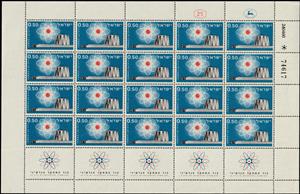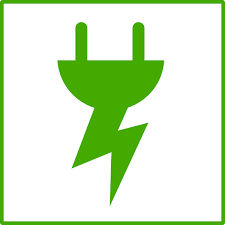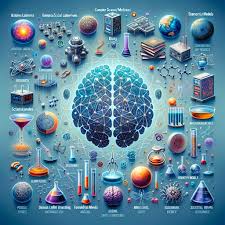Full Pane: Atomic Diagram and Nuclear Reactor (Israel 1960)
Atomic Diagram and Nuclear Reactor (Israel 1960)
06 July (Israel ) within release Construction of the 1st Israeli Nuclear Reactor goes into circulation Full Pane Atomic Diagram and Nuclear Reactor face value 20*0.50 Israeli lira
| Full Pane Atomic Diagram and Nuclear Reactor in catalogues | |
|---|---|
| Colnect codes: | Col: IL 1960.07.06-02b |
Full Pane is horizontal format.
Also in the issue Construction of the 1st Israeli Nuclear Reactor:
- Stamp with Collectible Margin - Construction of the 1st Israeli Nuclear Reactor face value 0.50;
- Full Pane - Atomic Diagram and Nuclear Reactor face value 20*0.50;
Full Pane Atomic Diagram and Nuclear Reactor it reflects the thematic directions:
Chemistry is the scientific study of the properties and behavior of matter. It is a physical science within the natural sciences that studies the chemical elements that make up matter and compounds made of atoms, molecules and ions: their composition, structure, properties, behavior and the changes they undergo during reactions with other substances. Chemistry also addresses the nature of chemical bonds in chemical compounds.
In physics, energy (from Ancient Greek ἐνέργεια (enérgeia) 'activity') is the quantitative property that is transferred to a body or to a physical system, recognizable in the performance of work and in the form of heat and light. Energy is a conserved quantity—the law of conservation of energy states that energy can be converted in form, but not created or destroyed. The unit of measurement for energy in the International System of Units (SI) is the joule (J).
Science is a systematic discipline that builds and organises knowledge in the form of testable hypotheses and predictions about the universe.Modern science is typically divided into two or three major branches: the natural sciences (e.g., physics, chemistry, and biology), which study the physical world; and the behavioural sciences (e.g., economics, psychology, and sociology), which study individuals and societies.The formal sciences (e.g., logic, mathematics, and theoretical computer science), which study formal systems governed by axioms and rules, are sometimes described as being sciences as well; however, they are often regarded as a separate field because they rely on deductive reasoning instead of the scientific method or empirical evidence as their main methodology. Applied sciences are disciplines that use scientific knowledge for practical purposes, such as engineering and medicine



